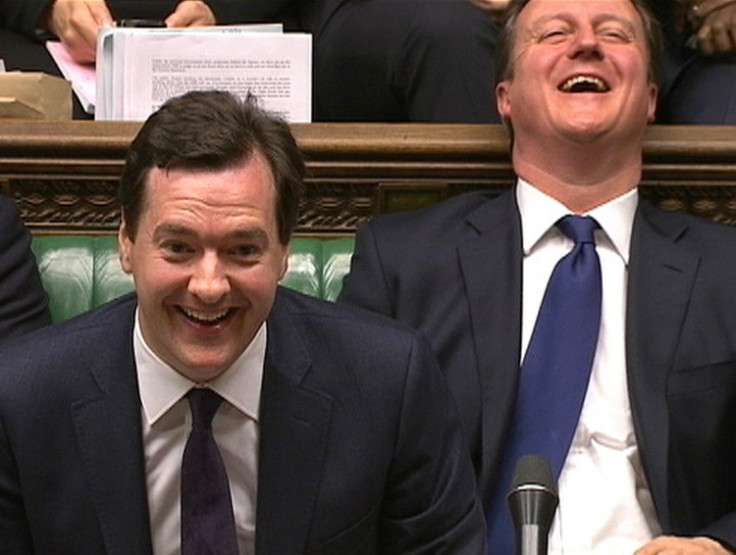Energy Bills Slash: Tories Coming Up on Outside of 2015 Election Favourites Labour

Labour is the narrow favourite to win the 2015 general election amid the energy bills debate, with leader Ed Miliband pledging to freeze consumer prices for almost two years if he is made prime minister, but a series of government and industry announcements may have just tipped the balance back in favour of the Conservatives.
The incumbent Conservative-led administration has been given a significant boost from the Big Six firms who dominate the market after they said that household bills will be frozen - or even fall - in the build-up to the general election.
According to bookies Paddy Power, Labour is 8/15 to win most seats at the next general election. The Conservatives are 6/4, while their Liberal Democrat coalition partners are way outside at 150/1, falling below the anti-European Union Ukip in third place at 100/1.
Households have seen their incomes fall in real terms amid wage-busting consumer price inflation, austerity cuts to the government's welfare bill and a weak economy because of the global slowdown.
This has intensified the impact of rising energy bills as many poorer households are forced to choose between heating their homes and putting food on the table.
Following Miliband's announcement that he would force energy firms to freeze their prices, the government has shuffled the deck on its energy policy in a bid to drive down household bills.
Energy minister Ed Davey said fuel poverty subsidies would be moved into general taxation and some green policy targets would be slowed down as homebuyers could instead be granted £1,000 to spend on energy-saving measures.
The government measures also include a reduction in the Energy Companies Obligation (ECO), which requires energy companies to provide insulation or other energy-saving measures to 400,000 homes a year.
Now the big firms have started to freeze or cut their prices in reaction to the changes. Npower said it would not raise prices any more until spring 2015, unless wholesale costs go up, and EDF promised to adhere to the same pledge. SSE and Centrica have said they will also pass on cost reductions.
British Gas said it was dropping household gas and electricity prices by an average of 3.2% and that these price reductions would take effect from 1 January, 2014.
As households feel the benefit of this change of heart by energy firms ahead of the election, it may just be enough to send the Conservatives romping home in the final furlong.
© Copyright IBTimes 2025. All rights reserved.






















